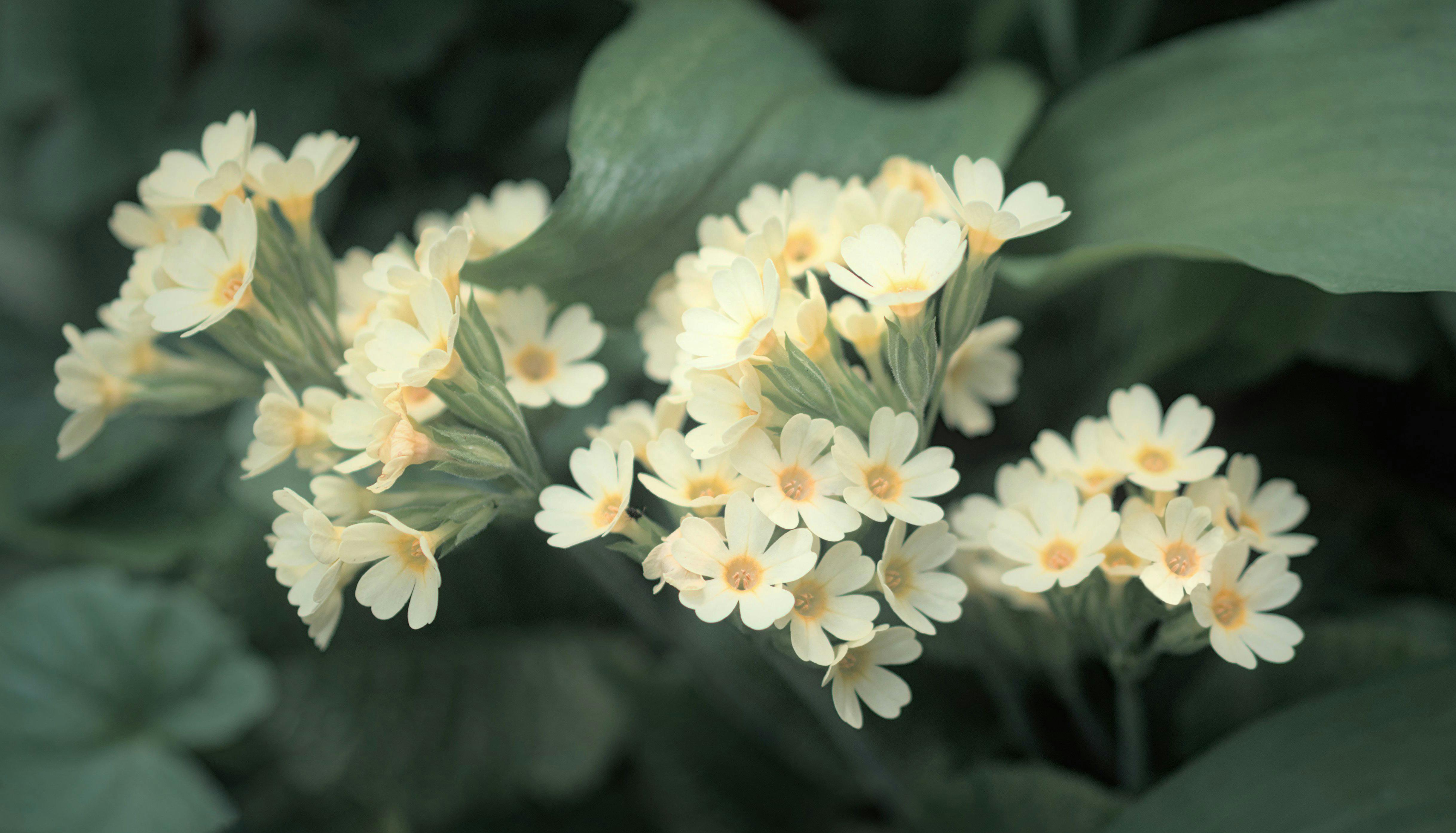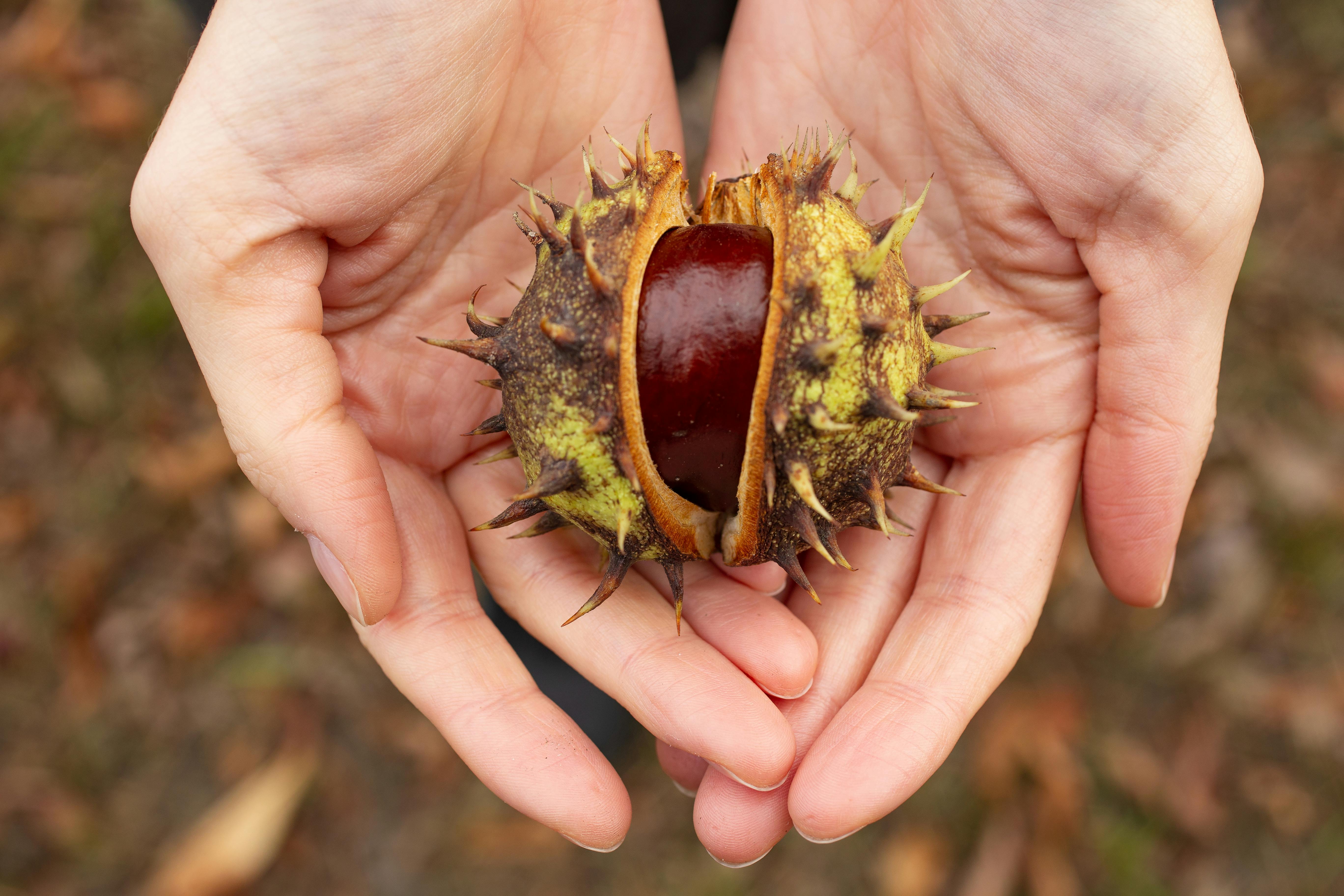Discover the World of Mr. Gardener
When it comes to gardening tips and techniques, Mr. Gardener stands out as a trusted source of knowledge. Whether you’re a beginner looking to take your first steps or an experienced gardener seeking advanced strategies, Mr. Gardener provides insights that cater to all levels. In this article, we will explore various aspects of gardening, drawing on expert advice and practical tips that will help you cultivate a flourishing garden.
The Importance of Soil Health
One of the cornerstones of successful gardening is maintaining **soil health**. Healthy soil serves as the foundation for strong, vibrant plants. It’s essential to understand the composition of your soil, which includes minerals, organic matter, water, and air. Conducting a soil test can provide valuable insight into nutrient levels and pH balance. For optimal growth, enrich your soil with organic matter such as compost or well-rotted manure. Consider rotating crops yearly to prevent nutrient depletion and promote biodiversity.
Improving Soil Quality
Improving soil quality is essential for gardeners seeking lush greenery and bountiful harvests. Start by adding organic matter to your soil regularly. For instance, using compost helps replenish nutrients and enhances soil structure. Remember that **mulching** can retain moisture, suppress weeds, and gradually enrich the soil as it breaks down. Over time, these practices foster a thriving ecosystem that supports healthy plant growth.

Understanding Soil pH
Soil pH significantly impacts plant health and nutrient absorption. Most plants thrive in a slightly acidic to neutral pH range (6.0 to 7.0). You can adjust your soil’s pH by adding lime to raise it or sulfur to lower it. Regularly testing the pH ensures your plants receive the nutrients they need, enhancing their growth and productivity. Tailor your soil amendments based on the specific needs of your plants for the best outcomes.
Essential Gardening Tools
Having the right tools is crucial for any gardener. **Gardening tools** streamline your efforts and significantly improve efficiency. Basic tools include trowels, pruners, and watering cans, but as you progress, you might need additional items like hoes, rakes, and wheelbarrows. Proper maintenance of your tools ensures longevity, so remember to clean them after each use and store them in a dry place to prevent rust. Organize your tools for easy accessibility during your gardening tasks.
Tool Care and Maintenance
To keep your gardening tools in top condition, implement a routine maintenance schedule. After each use, clean the tools with soap and water to remove dirt and debris. Inspect them regularly for wear and tear, and sharpen blades when necessary. A quick coat of oil can protect metal parts from rust. Investing a little time in care can extend their life, ensuring you have reliable tools at your disposal.
Smart Gardening Techniques
Smart gardening techniques can yield impressive results. For instance, consider implementing **vertical gardening** to utilize space efficiently, especially in smaller areas. Using trellises and hanging pots can help you grow more plants in limited space. Companion planting can also maximize yield and deter pests, as certain plants can naturally repel harmful insects when grown together.

Plant Selection and Care
Choosing the right plants is fundamental to successful gardening. When selecting plants, consider the climate, soil, and sunlight conditions in your area. Native plants often require less maintenance and are better suited to the local ecosystem. Consultation with local gardening experts or extension services can guide you in selecting the best plant varieties for your garden.
Watering Techniques
Proper watering is essential for plant health. Over-watering can lead to root rot, while under-watering results in stress and slow growth. Drip irrigation systems are a fantastic investment, providing water directly to the roots while conserving water. Alternatively, using rain barrels can help you collect and utilize rainwater, promoting sustainability in your gardening practices.
Fertilizing for Growth
Fertilizing your garden can significantly impact plant growth and flower production. Organic fertilizers, like fish emulsion and bone meal, provide essential nutrients without harming the environment. It’s crucial to follow recommended application rates, as applying too much fertilizer can lead to nutrient runoff and environmental damage. Regular soil testing can help you understand your garden’s nutrient needs, optimizing your fertilizing strategy.
Pest Management Strategies
Dealing with pests can be one of the most challenging aspects of gardening. Integrated pest management (IPM) promotes a balanced approach, using a combination of natural predators, herbal remedies, and barriers to protect your plants. Identify common pests in your area and research the best natural methods to manage them. Essential oils can also repel some insects without harming beneficial ones.
Identifying Common Pests
Identifying pests early can make all the difference. Common garden pests include aphids, whiteflies, and caterpillars. Learning how to recognize them and understanding their life cycles can aid in timely interventions. Use insecticidal soaps or neem oil as part of a targeted approach to control infestations without harming beneficial insects.
Creating a Beneficial Insect Habitat
Attracting beneficial insects, such as ladybugs and honeybees, can significantly impact pest management. Planting a variety of flowering plants will provide food and habitat for these helpful creatures. Building a small bee hotel can also encourage pollinators to visit your garden, enhancing overall plant health and productivity.
Key Takeaways
- Soil health is crucial for a successful garden; implement regular testing and amendments.
- Having the right tools, maintaining them, and using efficient gardening techniques can enhance your gardening experience.
- Selecting the appropriate plants and understanding their needs is essential for flourishing growth.
- Implement integrated pest management strategies to maintain a healthy garden ecosystem.
FAQ
1. What is the best way to test soil health?
The best way to test soil health is by taking a soil sample and sending it to a lab for analysis. Many gardening centers also offer DIY kits that test for pH levels and nutrient content. Regular testing helps you maintain optimal soil conditions for your plants.
2. How often should I water my garden?
Watering frequency depends on the type of plants and environmental conditions. Generally, gardens should receive about an inch of water a week, either through rainfall or irrigation. During hotter months, you may need to increase watering frequency. Early morning is the best time to water, minimizing evaporation.
3. What tools are essential for beginner gardeners?
Beginner gardeners should start with a basic set of tools including a trowel, pruners, a hoe, and a watering can. These tools will help you manage small gardening tasks effectively. As you advance, consider investing in additional tools like a wheelbarrow and more specialized horticultural implements.
4. Can I compost kitchen waste in my garden?
Yes, you can compost kitchen waste such as vegetable peels, coffee grounds, and egg shells. However, avoid adding meat, dairy, and oils to your compost pile, as they can attract pests. Composting enriches your soil and helps reduce waste.
5. How can I attract pollinators to my garden?
Attracting pollinators involves planting a variety of flowering plants. Choose native species that bloom at different times to provide continuous food sources. Creating nesting sites, such as bee hotels and minimizing pesticide use, can further encourage beneficial pollinators.
